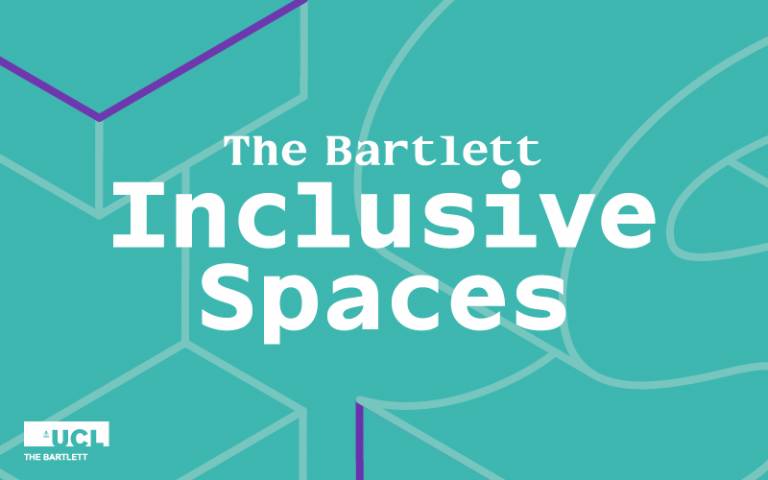Inclusive Spaces: CurrenSee - An inclusive attention economy
27 April 2022, 1:00 pm–2:00 pm

Join us for an interactive roundtable on data representation and the socio-economic inclusivity of non-human vantage points and volatile urban environments.
This event is free.
Event Information
Open to
- All
Availability
- Yes
Cost
- Free
Organiser
-
The Bartlett Faculty of the Built Environment
This month’s seminar presents four provocations by Current founders Provides Ng, Eli Joteva, Ya Nzi, and Artem Konevskikh on livestreaming culture, volumetric reconstruction, Artificial Intelligence (AI), and personalisation.
Participants are invited to join the discussion on how these technological ideas might act as socio-economic drivers to changes in how we circulate values in the attention economy - a digital ‘CurrenSee.’ This event will explore how a decentralised network of humans, machines, and environments extend their network effects from the virtual back to the physical; how big data can be used to reflect and project events of real-time climate change in cities, and what happens if we interact peer-to-peer (p2p) and collectively direct the value of our attention to spaces in need.
CurrenSee - An inclusive attention economy will also showcase a 10-minute film that speculates on the future of an inclusive attention economy built upon the research of project Current.
Led by The Bartlett Equality, Diversity and Inclusion (EDI) group, the Inclusive Spaces monthly series presents the latest research and ideas from The Bartlett’s world-leading thinkers on race, gender, LGBTQ+, and disability – and other dimensions of diversity in the built environment.
 Close
Close

